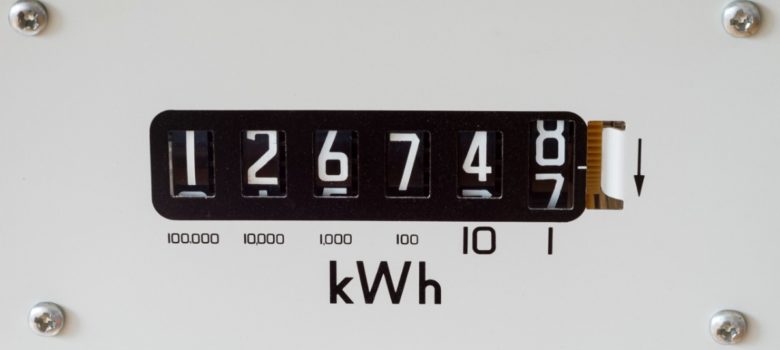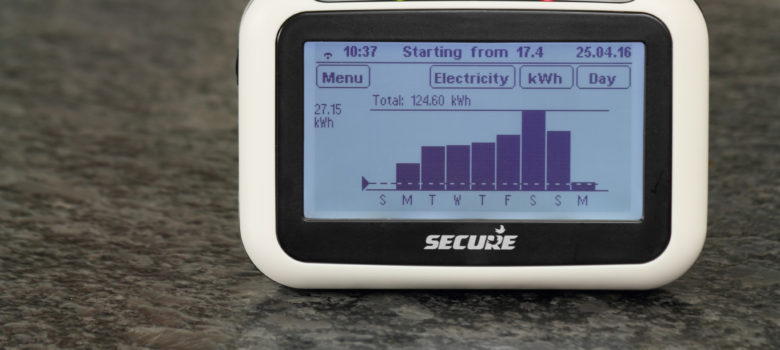
It can be a nasty surprise if you get your gas and electricity bills through and they’re higher than you were expecting. But how do you know whether there’s been a mistake, or you’ve simply used more energy than last month? If you think something might be amiss, it’s definitely worth double-checking.
Heavy usage
The most obvious reason for high energy bills is that you’re using a lot of gas and electricity! One thing you should always take into account is the time of the year. You will use more energy heating your home during the winter than you would in the summer. But other things can also affect energy usage, such as if you have recently bought a new, particularly power-hungry new appliance, or had a lot of people in your home using the washing machine!
- Take a look at some of our energy saving tips to check you’re not using more than you need to.
- If it’s your gas bill that’s particularly high, it might be worth having your boiler serviced to make sure it’s working at full efficiency.
Estimated bill
If your meters haven’t been read for a while, your supplier will calculate has a bill for this month based on your previous average energy usage. This could well be quite different to the real one.
- Check your bill – it will specify whether or not it was based on a reading or an estimate.
- Take a meter reading and ask your supplier for an updated bill.
Human error
If your reading is way out from what you would expect, it’s always possible that your meter was read incorrectly, by either you or your supplier. Your neighbour’s reading may even have been mistakenly input as yours. With all those numbers, it’s easy to read or write one down incorrectly – and this could skew it quite a lot! What should you do if you think this might be the case?
- Take a new meter reading and compare the two – are they fairly similar? If not, it’s quite likely that something went wrong!
- Send your meter reading to your supplier and ask them to send you an updated bill.
Price hike
If your bills have gone up considerably since last month, and you have taken into consideration any increase due to colder weather, it may be that your supplier has upped the price you pay per unit. In theory, they should let you know in advance, but it’s not unheard of for them not to. As a guide, a typical monthly utility bill for a small house/flat (1 or 2 bedrooms) might be about £60.
- Compare the unit prices given on recent bills to check whether or not they have increased.
- If you’ve not changed your supplier or tariff for at least a year, it’s well worth using a price comparison website to check you’re not paying over the odds.
Faulty meter
If you’ve looked into all the above and you still can’t see a reason why your bill is high, it’s just possible that there’s a fault with your meter. This is pretty rare though.
- You might get charged by your supplier if they send an electrician over and no fault is found, so be sure to rule out all the other possibilities first!
Consider getting a smart meter
Smart meters – which track your usage and send readings to your supplier automatically – will soon be installed in most UK homes. This will put an end to estimated readings, and avoid most of the issues above, because you’ll be able to monitor your spending as you go along. If you haven’t already, you will be offered one by your supplier in the next couple of years. If you would like to be fast-tracked, register your interest with your supplier.
Think we missed something? Do you have a different opinion?
Comment below to get your voice heard…












No Comments yet! Be the first one.